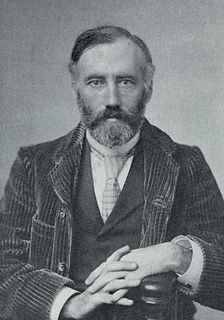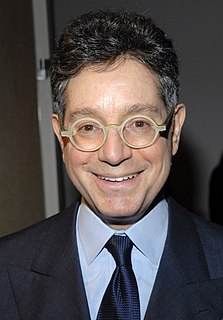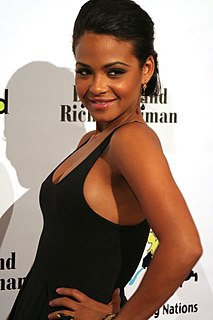A Quote by Vera Nazarian
Karma has been a pop culture term for ages. But really, what the heck is it?
Related Quotes
Karma is the record of services. Karma is the term used in Buddhist teaching. Taoists use the term te. Christians us the term "deed." Many other spiritual beings use the term "virtue." Karma, te, deed, and virtue are the same thing but in different words. To understand karma is to understand all of these words.
I always have looked at "indie" as a term of "independence." Never associated a sonic gesture with that in the same way that pop music has always meant "popular" to me it didn't define a sound. And I think now that has been the context for things. If something is indie, it almost has this sonic association with it, or pop has become this term of shame almost, like, bubblegum sweet pop.
Karma is not something pessimistic. If you think of karma as something wrong, you are seeing karma only according to what happened in the past. You look at the past and karma becomes a monster. So you should also look at karma in the present and future. Then karma becomes something very wide and really alive. Through karma you can understand what your destiny is. Destiny itself has no solid form; it's something you can create. You can create your life. That is why we study karma.
There is good Karma, there is bad Karma, and as the wheel of life moves on, old Karma is exhausted and again fresh Karma is accumulated... Karma is twofold, hidden and manifest, Karma is the man that is, Karma is his action. True that each action is a cause from which evolves the countless ramifications of effect in time and space... To the worldy man Karma is a stern Nemesis, to the spiritual man Karma unfolds itself in harmony with his highest aspirations.
'We Are Pop Culture' is my clothing line for women that started with just T-shirts. The clothing line is urban street wear. It's for women that feel confident in their own skin and want to express themselves. The whole idea is to play with modern pop culture and previous pop culture using art and sayings.
I’ve always thought that if comics are a part of pop culture [then] they should reflect pop culture, but a lot of the time comics, superhero comics especially, just feed on themselves. For me, comics should take from every bit of pop culture that they can; they’ve got the same DNA as music and film and TV and fashion and all of these things.






































